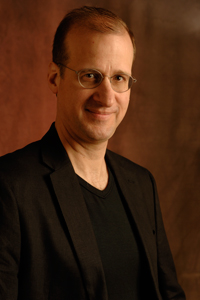
Eric Antoniou
Douglas Johnson
Position
Associate Professor
Affiliated Departments
Telephone
617-747-8582
For media inquiries, please contact Media Relations
Career Highlights
- Band leader, Doug Johnson Trio
- Performances with Bossa Trio with Dan Greenspan and Bertram Lehmann, Chiara Civello, Grand Rapids Symphony, Handel & Haydn Society School Concerts 1997–2000 seasons, Jazz Composers Alliance, Jon Hazilla Trio, Lisa Thorsen, Luciana Souza, and Mili Bermejo
- Trio tours in Austria and Poland
- Frequent performances with the Eperanza Spalding Quintet
- Recordings include Game Theory, Doug Johnson Trio
Education
-
School NameNew England ConservatoryDegreeMaster of Arts (M.A.)Field of StudyMusicDate Degree Received
-
School NameMichigan State UniversityState or ProvinceMichiganDegreeBachelor of Arts (B.A.)Field of StudyMusicDate Degree Received
In Their Own Words
